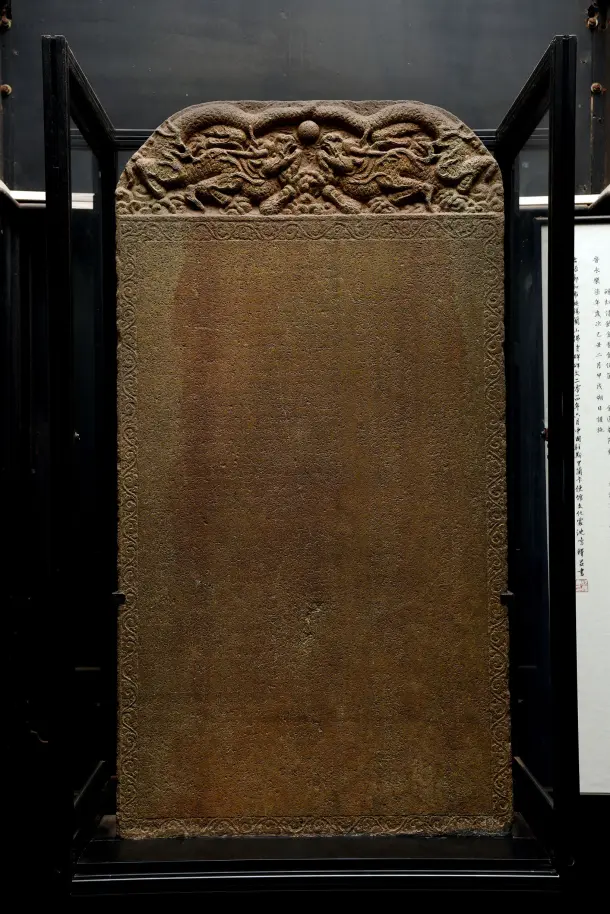
A rare trilingual stone inscription featuring texts in Tamil, Chinese, and Persian has been added to the UNESCO Memory of the World Register.
The tablet, dated 15 February 1409, was discovered in 1911 in Galle, on the southern tip of the island, by a British engineer H.F. Tomalin. It is thought to have been installed by the famed Chinese admiral Zheng He during one of his voyages across the Indian Ocean.
The inscription uniquely praises Buddha, Vishnu, and Allah, reflecting the religious and cultural plurality of the time.
The entry was jointly submitted by China and Sri Lanka, and is described by UNESCO as “the only known trilingual text combining these three languages and representing three distinct civilisations.” The inclusion was announced as part of the latest update to the Memory of the World Register, which now includes 570 documentary heritage collections from across the globe.
In a statement marking the occasion, UNESCO Director-General Audrey Azoulay said, “Documentary heritage is an essential yet fragile element of the Memory of the World. This is why UNESCO invests in safeguarding it, shares best practices, and maintains this register that records the broadest threads of human history.”
This latest recognition brings renewed attention to the deep historical ties between the ancient Tamil-speaking regions and the rest of Asia. The inclusion of Tamil—alongside Chinese and Persian—underscores the language’s historic significance in transnational trade, diplomacy, and cultural exchange.
The Memory of the World Register, launched by UNESCO in 1992, aims to preserve and promote access to the world’s documentary heritage. The register includes materials reflecting key moments in global history, including contributions by women, scientific developments, and multilateral cooperation.
